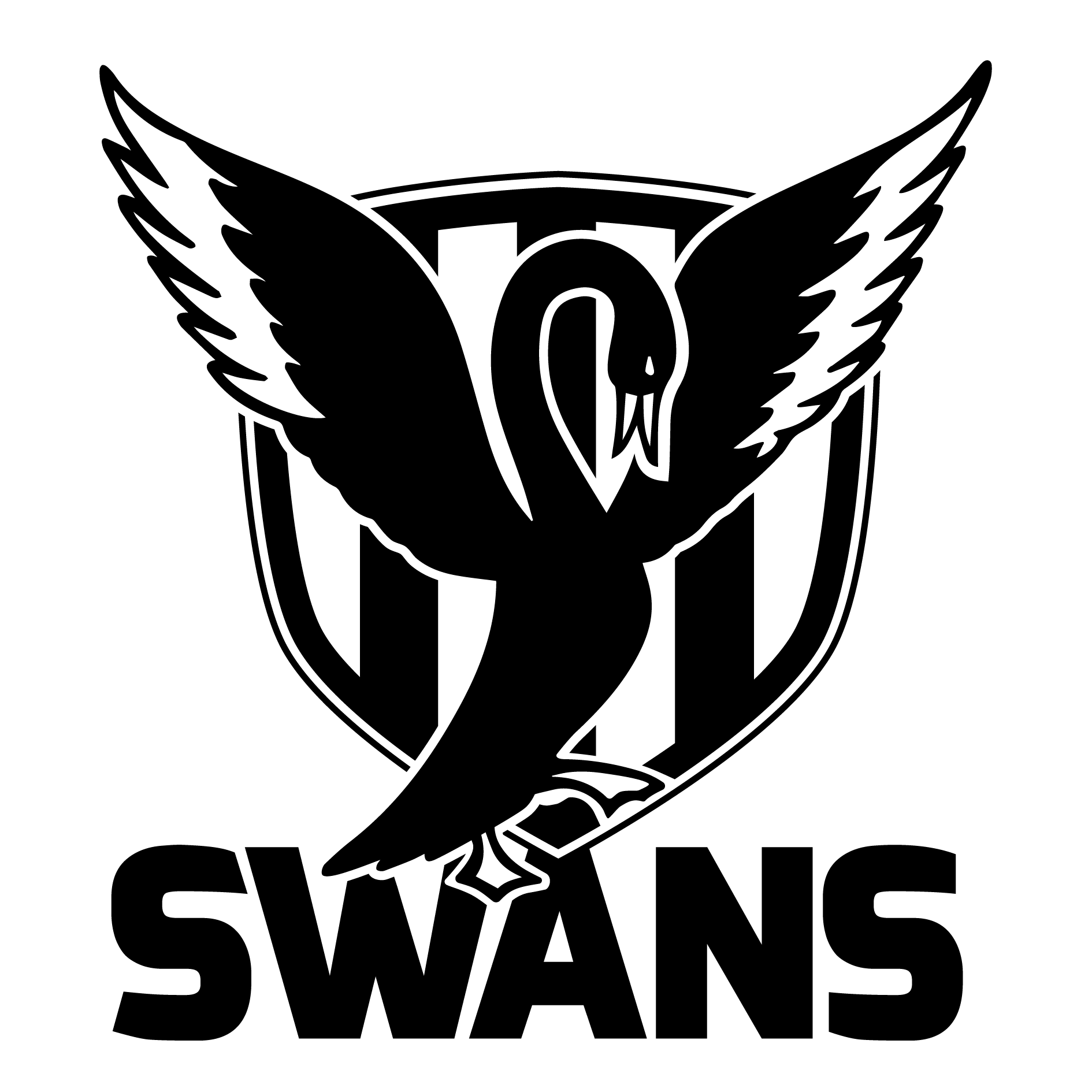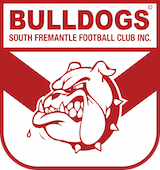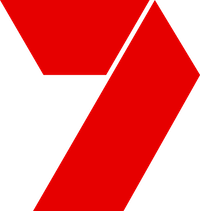Select grade below
- Round 2Sat, 12 Apr 20257:10 PM
 VS
VS Sullivan Logistics Stadium
Sullivan Logistics Stadium - Round 3Fri, 18 Apr 20257:10 PM
 VS
VS Sullivan Logistics Stadium
Sullivan Logistics Stadium - Round 4Sat, 26 Apr 20257:10 PM
 VS
VS Mineral Resources Park
Mineral Resources Park - Round 5Sat, 3 May 20252:30 PM
 VS
VS Sullivan Logistics Stadium
Sullivan Logistics Stadium - Round 6Sat, 10 May 202511:10 AM
 VS
VS Mineral Resources Park
Mineral Resources Park - Round 7Sat, 24 May 20252:30 PM
 VS
VS Sullivan Logistics Stadium
Sullivan Logistics Stadium - Round 8Mon, 2 Jun 20252:30 PM
 VS
VS Sullivan Logistics Stadium
Sullivan Logistics Stadium - Round 10Sat, 14 Jun 20252:30 PM
 VS
VS Fremantle Community Bank Oval
Fremantle Community Bank Oval - Round 11Sat, 21 Jun 20257:10 PM
 VS
VS Sullivan Logistics Stadium
Sullivan Logistics Stadium - Round 12Sat, 28 Jun 20252:30 PM
 VS
VS Steel Blue Oval
Steel Blue Oval - Round 13Sat, 5 Jul 20251:10 PM
 VS
VS Lane Group Stadium
Lane Group Stadium - Round 14Sat, 12 Jul 20252:30 PM
 VS
VS Sullivan Logistics Stadium
Sullivan Logistics Stadium - Round 16Sat, 26 Jul 20253:10 PM
 VS
VS Joondalup Arena
Joondalup Arena - Round 17Sat, 2 Aug 20252:30 PM
 VS
VS Sullivan Logistics Stadium
Sullivan Logistics Stadium - Round 18Sat, 9 Aug 20252:30 PM
 VS
VS Sullivan Logistics Stadium
Sullivan Logistics Stadium - Round 19Sat, 16 Aug 20252:30 PM
 VS
VS East Fremantle Oval
East Fremantle Oval - Round 20Sat, 23 Aug 20252:30 PM
 VS
VS Revo Fitness Stadium
Revo Fitness Stadium
Devan Perry reflects on three-peat

Devan Perry’s uncompromising approach was the hallmark of East Perth’s hat trick of premierships in the early 2000s.
Originally from Lara, just outside of Geelong in Victoria, Perry played 123 games for the Royals, arriving at club via North Adelaide and St Mary’s.
He made his debut under Robert Solin in 1995 and despite missing out on a finals berth that year, Perry said East Perth had set the foundations for a standout 1996 season in which they made the grand final.
“Rob Solin was the coach back then and it took me a little bit to actually get a game,” he told SportFM on Thursday.
“I had to work my way through the Reserves which was a bit strange, I'd never had to do that before.
“We knew we had a good side. The first half of the year wasn’t great, but the second half, we won six of the last nine games.
“We went through and had beaten all of the top sides. We thought we were a chance for finals and if we got in, we could achieve anything.
“As it turned out, we didn’t make it, but we knew we were set up pretty well for 1996.”
One of his greatest playing memories was the second-semi-final win against Claremont in 1996 – on the way to the big dance against the Tigers. East Perth were chasing their first flag since 1978 and Perry said the players were aware of how much it meant to the club’s supporters.
“We were down with 30-seconds to go and I’ve kicked a goal off the ground to put us in front.
“Some guy jumped over the fence and gave me a hug and I just thought, ‘that is unbelievable’.
“You knew it meant so much to those people, we could really feel the supporters backing us the whole way.”
In front of a crowd of almost 30, 000 people at Subiaco Oval, Claremont triumphed over the Royals in the 1996 WAFL Grand Final by just two points.
“Claremont had a lot of listed players and their weights program was unlike anything I’d ever seen,” Perry said.
“All of those blokes were really big, strong boys. I played part of the game matched-up on Chris Lewis, who was a fantastic player, a player who I have a lot of respect for.
“There was some really good players on both sides, it was a really high standard game and unfortunately we didn’t come out on top.”
Perry said the loss stuck with him and it could have changed the course of his career if it wasn’t for Paul Peos.
“I threw my boots away (after the game),” he said.
“I was ready to go play in Cairns the next year but Paul Peos talked me out of it that night.
“If we had of won 1996, I would have gone to Cairns and that would have been it for my time in Perth.”
A few years later, after playing just four games under Kevin Worthington in 1999, Perry admitted he became 'disillusioned' with the game.
“I went away and did some surfing and had a think about what I wanted to do with myself.
“At the end of the year, I got a phone call and was asked to meet with Tony Micale who was going to be the new head coach in 2000.
“I went and saw Tony and luckily enough he gave me another chance.”
Perry continued his association with St Mary’s, spending his off-season playing football in the Territory. He broke his ankle during his time with the club, hampering his fitness ahead of the 2000 WAFL Season.
“When you’re semi-professional, money is at a premium. If you don’t play, you don’t get paid. I broke my ankle in Darwin and had to come back to Perth to play. I kind of struggled in 2000 with fitness, due to that broken ankle, but 2001 was a better year for me.”
Perry was a tough, inside midfielder. By his own admission, he wasn’t fast, but he played his role.
“Football is a great game. No matter what your build or size is, everyone can have a job.
“I was never blessed with the ability to jump or run fast, I had to work at it. I had to go to the gym and try to build up a bit to protect myself and dish out a bit, if I copped it.
“I had to use what I had.”
Tony Micale coached East Perth from 2000-2002, his three premierships in three seasons came against East Fremantle, South Fremantle and West Perth. He later returned to the club for a further four seasons as league coach from 2009-2012. Perry said Micale’s coaching style was uncompromising.
“He was very professional, very straight down the line. He wasn't going to take any bullshit.
"The way they trained us, the way they prepared us – we used to have a meeting on a Thursday night and wouldn’t get out of there until 10:30.
“He’d have game vision, everything you needed to know about your opposition player and we were just confident that we could win.”
As one of only nine players to play in the hat trick of premierships, reflecting on the time, Perry said external expectations were high heading in to the 2002 WAFL Grand Final.
“The first one was great, the second one was great and that third one was just a relief,” he said.
“There was so much pressure on us going for the three-peat, it was honestly just a relief to hear that final siren.”
Perry’s playing career came to an end in 2003 when he tore his anterior cruciate ligament during a game at Rushton Park.
“I did my knee playing against Peel half way through the year. I was 31, 32 at the time. I thought that’s it for me, I’m not coming back from this and just had to watch from the sidelines from then on.”
Most ACL injuries require a 12-month rehabilitation period – with age no longer on his side, a family to look after and a full time career as a plumber and gas fitter, Perry felt it would be difficult to return to the game.
“At the time, to be a part time footballer, to do the rehab and to get it right and come back, it wasn’t possible.
“You’ve got a mortgage, you’re starting a family and you’ve got to pay the bills.
“The day after I did my knee, I had to go do a retic cut in. I had to dig a hole with one ACL out the front of someone’s yard. I couldn’t risk coming back and doing another injury.”
After his playing days ended, Perry spent time as an assistant coach, first with West Perth and then Swan Districts.
“It was a fantastic experience. I live in Quinns Rock, so it was only 10 minutes from home.
“I wanted to get involved because it was closer to home and with a young family I couldn’t do the drive down the freeway to Leederville anymore. West Perth was the nearest and best option.
“I thought I had something to add, something to give. I had never intended on being a head coach. I just thought I could add value being a midfield or forward coach for somebody. That was how I got into it.”
Perry said he is proud of what he achieved as a player. With three girls, his time is now spent at the netball court, coaching.
“I didn’t get the opportunity to play at VFL/AFL level, but I’m pretty happy with what I achieved,” he said.
“I’ve got three girls, so netball training and coaching is where I’m at now.”
















